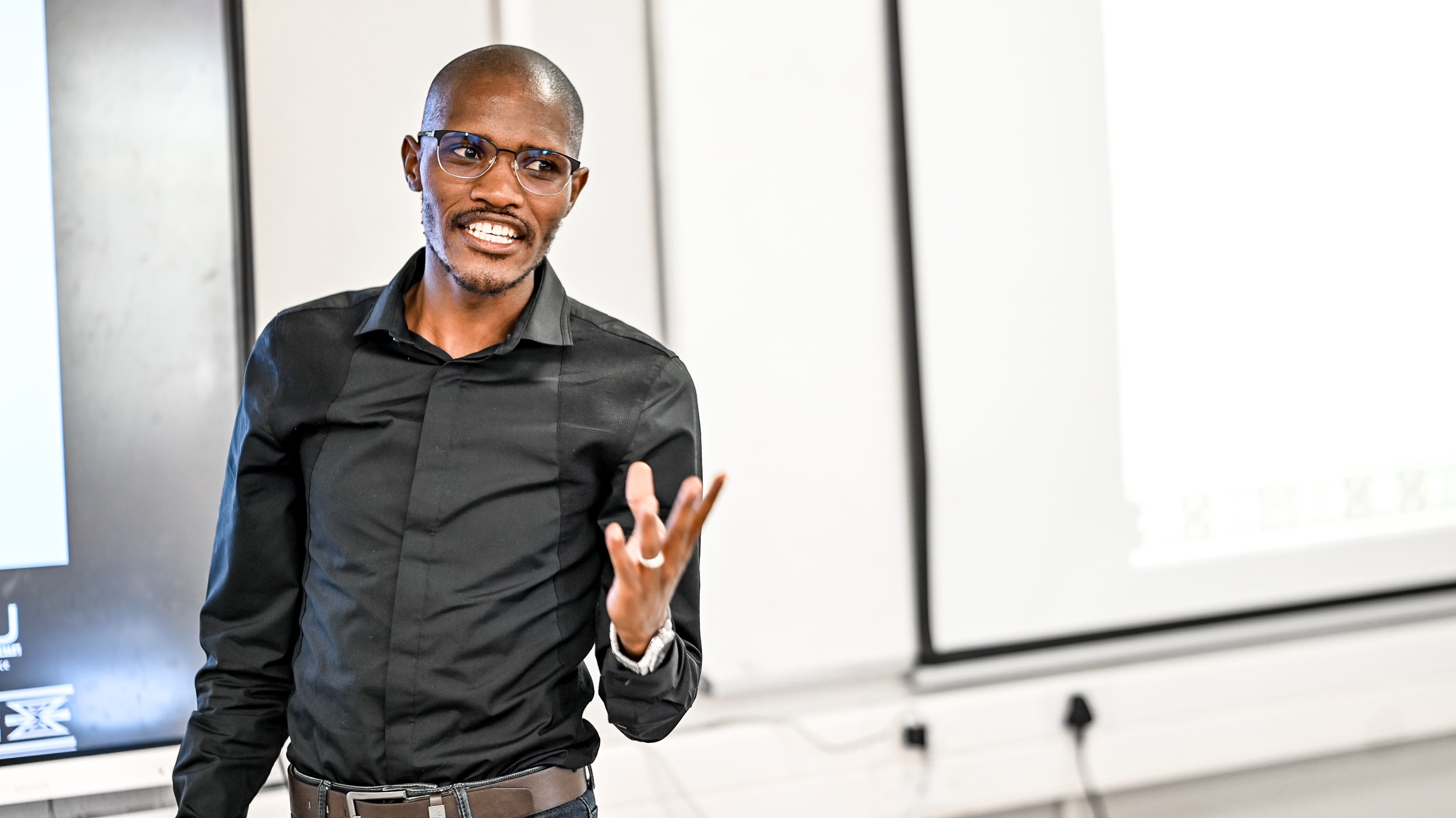DECOLONISING CULTURAL NARRATIVES OF ULWALUKO IN THE 21ST CENTURY

Ulwaluko, the Xhosa initiation practice, should not only be viewed as a marker of manhood but also as a source for social transformation and justice.
The thought-provoking statement was made by Walter Sisulu University researcher, Luvo Kasa, at the South African Humanities Deans Association [SAHUDA] Conference, on Wednesday.
Presenting under the theme “A Critical Analysis and Problematisation of Traditional Practices,” Kasa explored how ulwaluko can evolve within contemporary society without losing its cultural essence.
His analysis called for a balance between cultural preservation and necessary reform, particularly in the face of recurring health risks and social controversies associated with the practice.
“We are not saying there are no problems within ulwaluko, but transformation does not mean abandoning culture, it means reshaping it so that it speaks to the issues we face as people today,” said Kasa.
Kasa’s research integrates personal narrative and social work theory, drawing from his own experiences as an initiate and his professional understanding of social systems. This dual lens allowed him to explore the deep intersection between identity, masculinity, and social justice within African traditional contexts.
“The mountain made me the man I am today, but as a social worker, I must also recognise that some challenges within the practice require social intervention. We cannot remain silent when lives are being lost,” he said.
Kasa critiqued how public discourse often shaped by media portrayals tends to focus on the dangers of initiation rather than its cultural and moral significance. He emphasised the need for an African-centered framework that honours tradition while ensuring safety, dignity, and education for all initiates.
“Our knowledge systems should challenge western perspectives and promote solutions rooted in our lived realities. Ulwaluko must continue, but in a way that upholds human rights and community well-being,” said Kasa.
Concluding his presentation, Kasa called for a reimagining of social work and cultural discourse, one that validates indigenous knowledge while addressing modern-day challenges.
“We must adopt frameworks that reflect who we are. To protect our traditions, we must allow them to evolve.”
He stressed that transformation and continuity are not opposing forces but partners in preserving culture for future generations.
By Anita Roji
